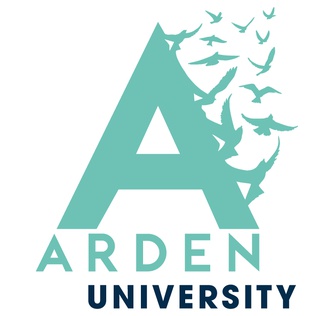Course content for year 1
Year 1 provides you with the foundation of your legal studies.
You will study four full-year 30 credit subjects:
LAWS 10160 Introduction to Law and Legal Skills;
LAWS 10210 Contract Law;
LAWS 10320 Criminal Law;
LAWS 10530 Public Law.
Course units for year 1
The course unit details given below are subject to change, and are the latest example of the curriculum available on this course of study.
Title Code Credit rating Mandatory/optional
Introduction to Law and Legal Skills LAWS10160 30 Mandatory
Contract Law LAWS10210 30 Mandatory
Criminal Law LAWS10320 30 Mandatory
Public Law LAWS10530 30 Mandatory
Course content for year 2
In Year 2, you will study two more full-year foundational subjects that build upon concepts and skills from Year 1:
LAWS 20250 Land Law (30 credits);
LAWS 20760 Law of Torts (30 credits).
You will also select three 20-credit subjects from a range of specially designed units which develop your foundational studies. The current units offered are:
Human Rights
Law in a Global Context
Principles and Practice of Commercial Law
Law in Practice
You will continue to develop legal and academic skills that will enable you to reach your full potential in your final year.
You can also choose to replace one of these subjects with an option from elsewhere in the Faculty of Humanities and the University College for Interdisciplinary Learning.
Course units for year 2
The course unit details given below are subject to change, and are the latest example of the curriculum available on this course of study.
Title Code Credit rating Mandatory/optional
Jurisprudence LAWS20101 20 Mandatory
Property Law II LAWS20220 20 Mandatory
Law of Obligations II LAWS20400 30 Mandatory
European Union Law LAWS20900 30 Mandatory
Principles of Commercial Law LAWS20052 20 Optional
Human Rights LAWS20092 20 Optional
Public International Law LAWS20372 20 Optional
Principles of Law, Medicine and Ethics LAWS20732 20 Optional
Miscarriages of Justice LAWS21062 20 Optional
Course content for year 3
In your final year, you will select six 20-credit subjects which consider specialised and in-depth areas of law and legal practice. Our optional subjects give you the opportunity to engage with our world-leading research specialisms, and will include:
Equity and Trusts*;
European Union Law*;
Law in Action;
Principles of Law, Medicine and Ethics;
Criminal Evidence;
Environmental Law;
Company Law;
Employment Law;
Intellectual Property Law;
Family Law;
Jurisprudence;
Competition Law;
Mental Health Law;
Miscarriages of Justice;
Constitutional Reform;
Law, Money and Technology;
Advocacy and the Law.
You also have a choice to write a dissertation in place of one of these courses and to take options from elsewhere in the Faculty of Humanities and the University College for Interdisciplinary Learning.
Please note that course units available are subject to change annually.
*Students wishing to satisfy the professional requirements for the academic stage of training for the Bar Standards Board must take these course units.
Course units for year 3
The course unit details given below are subject to change, and are the latest example of the curriculum available on this course of study.
Title Code Credit rating Mandatory/optional
Dissertation (20 credits) LAWS30001 20 Optional
Dissertation (20 credits) LAWS30012 20 Optional
Principles of Commercial Law LAWS30052 20 Optional
Criminal Evidence LAWS30081 20 Optional
Human Rights LAWS30092 20 Optional
Environmental Law LAWS30101 20 Optional
Company Law LAWS30121 20 Optional
Constitutional Reform LAWS30252 20 Optional
Employment Law LAWS30272 20 Optional
Intellectual Property Law LAWS30322 20 Optional
Public International Law LAWS30372 20 Optional
Competition Law in an International Context LAWS30451 20 Optional
Mental Health Law LAWS30471 20 Optional
Medicine, Technology , Morals and the Law LAWS30491 20 Optional
Counter Terrorism and Human Rights LAWS30711 20 Optional
Principles of Law, Medicine and Ethics LAWS30732 20 Optional
Family Law and Relationships LAWS30771 20 Optional
Miscarriages of Justice LAWS31062 20 Optional
Advocacy and the Law LAWS31072 20 Optional
Law, Money and Technology LAWS31192 20 Optional
Law in Practice (semester 1) LAWS31201 20 Optional
Law in Practice (semester 2) LAWS31202 20 Optional
Show less










